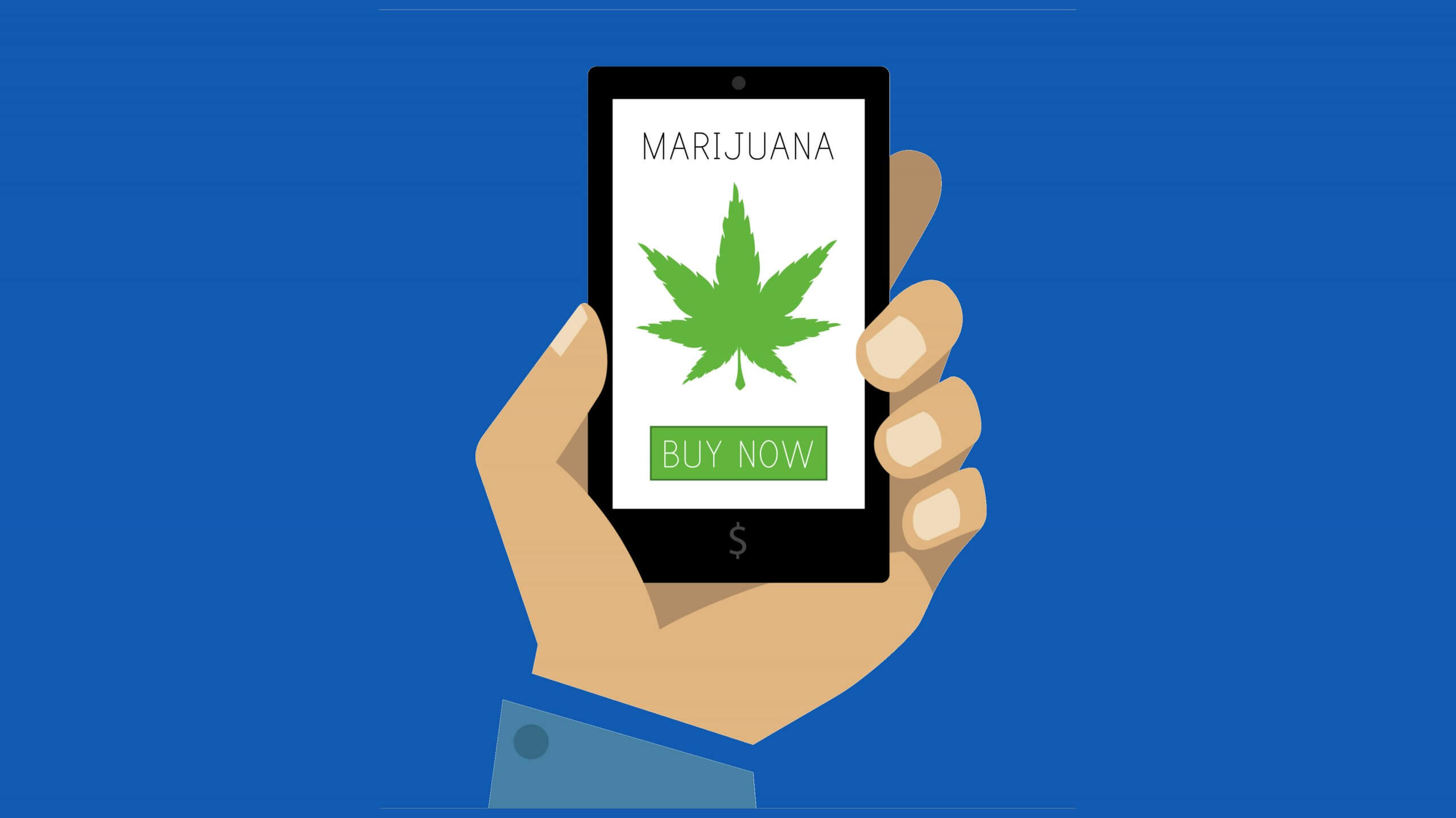What just happened? On Thursday, Google rolled out new rules regarding cannabis-related apps. Under the newly adopted guidelines, apps that sell or arrange the delivery of marijuana within the app will no longer be allowed. This new policy includes cannabis, cannabis products (edibles, etc.), and anything containing THC, even in states where it is legal.
Despite marijuana being legal recreationally in several states and medicinally in several more, one would be forgiven for not even being aware that pot apps existed. However, as CNET notes, there are many apps on Google Play offering one form of weed service or another.
Google has not outright banned these apps; it just forbids in-app purchasing. The exact wording of the new rule says:
Marijuana
We don't allow apps that facilitate the sale of marijuana or marijuana products, regardless of legality. Here are some examples of common violations:
- Allowing users to order marijuana through an in-app shopping cart feature.
- Assisting users in arranging delivery or pick up of marijuana.
- Facilitating the sale of products containing THC.
Strictly speaking, it seems that any app that offers to sell or deliver weed or any derivative is not allowed. However, when asked for clarity on the matter, Google said that apps that sell marijuana are still permitted as long as it doesn't have an in-app shopping cart. The easy workaround, of course, is to redirect to an external web-based cart.
"These apps simply need to move the shopping cart flow outside of the app itself to be compliant with this new policy."
Developers have a 30-day window to comply with the new regulation. Google will be helping to facilitate app makers with the transition.
"These apps simply need to move the shopping cart flow outside of the app itself to be compliant with this new policy," a spokesperson told Gizmodo. "We've been in contact with many of the developers and are working with them to answer any technical questions and help them implement the changes without customer disruption."
TechCrunch builds a case that the rule change is related to a recent complaint filed in December with the FTC over kids' apps in Google Play. It notes that around the same time as the rule change, Android Developers released a blog post regarding making Google Play safer for kids.
However, there is no mention of the weed rules in the post. Couple that with the fact that the apps are still allowed and that it is only their functionality that is changing and it seems unrelated.
As far as non-compliance goes, apps can still have a native shopping cart as long as developers are willing to distribute the app outside of Google Play. However, the storefront is very important to startups that need the exposure, so expect to see several app makers making the necessary changes.
